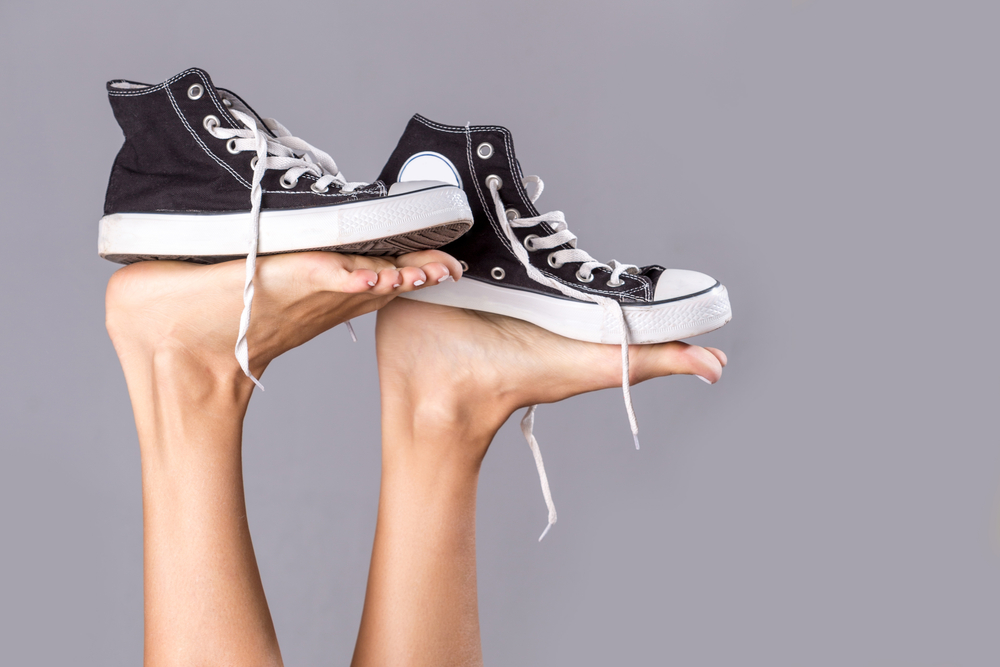Treat Your Feet: What You Should Know

Foot pain robs you of a vast chunk of your quality of life,” says podiatrist Chris Delpierre from the Sports Science Institute in Cape Town. “Over time, your foot can move out of shape and bones can become more prominent, which can hurt. Feet can lose muscle tone. And if you gain weight, you are going to have accompanying foot problems. You could make the case that not walking barefoot enough has an influence.”
Whether the heel is too high, the shoe is too tight or your running step is not well supported, the wrong shoes can cause many common foot disorders. Delpierre advises: “There is a general rule with shoe design: the better the shoe is for you, the less likely it is you want to wear it.” A shortened Achilles tendon is common from wearing shoes with too high a heel, which increases the risk of foot problems.
“For bunions to occur, you [must] have a genetic predisposition, but you do get bunions from shoe-ware,” explains Dr Jason Crane, an orthopaedic surgeon at Cape Town Mediclinic. “Plantar fasciitis is usually from wearing shoes that are too hard, and, if left untreated, it leads to spurs.”
Tarsal-tunnel syndrome is caused from wearing too high a heel, and “wearing shoes that are too tight can trigger Morten’s Neuroma or hammer-toes”. These issues are often remedied by finding the correct shoes – and possibly through orthotics – but, if left too long, physiotherapy, cortisone or even surgery may be necessary.
But Shoes Are Not The Only Problem.
“Metatarsalgia is a condition where the head of the second toe drops down, causing pain in the toe,” explains Crane. “Orthotics can make a big difference, but if you leave it, the tendon can snap. Adult-acquired flat-foot happens when the tibialis tendon that runs down the inside of your ankle becomes diseased, resulting in a collapsed arch.” This is not to be taken lightly! If you leave it, you will need major invasive surgery. But, caught early enough, it can be remedied with some physiotherapy and orthotics.
Your Feet Are Your Base And, Therefore, Affect Your Entire Body.
It’s not uncommon for knee, hip and back problems to stem from unhappy feet. “If your feet roll in, your knees roll in too, which tilts your pelvis and can even round your shoulders. Many people [who] have a foot problem don’t even know it’s their feet,” suggests Delpierre.
“Feet are designed to constantly adapt to beautifully textured surfaces. Yet, throughout our lives, we are content to stuff our feet into shoes and forget about them. But feet are mobility. Feet are freedom,” he adds. “We have blindfolded our feet in shoes and made them walk on flat, hard, unforgiving surfaces.
Walking barefoot or wearing minimalist shoes in nature gives them the stimulation they need from the varying surface. You may spend an hour or more on your beauty routine, but you should really lavish some of that attention on your feet.”
Treat Your Feet: What You Should Know – Longevity LIVE
